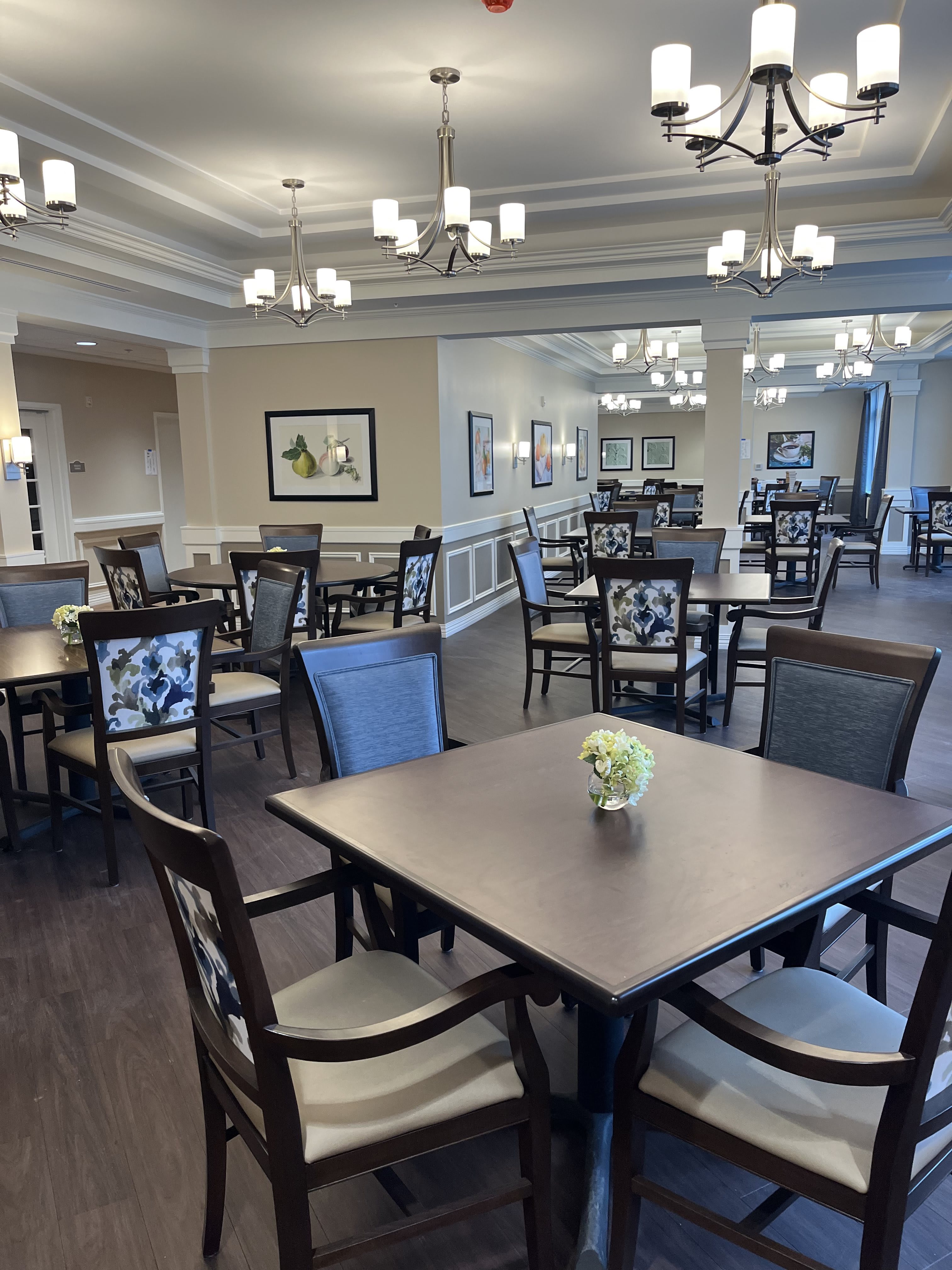Premier Charlotte Memory Care: Enhancing Quality of Life for Elders
Premier Charlotte Memory Care: Enhancing Quality of Life for Elders
Blog Article
What to Expect in Memory Care: An In-depth Overview to In-Home Provider
As family members come to terms with the challenges of caring for someone with memory loss, the realm of at home services supplies a lifeline of support and specialized treatment. Comprehending what to anticipate in memory treatment is crucial for making sure the well-being of both the specific with memory problems and their caregivers.
Daily Tasks and Routines
Engaging in structured day-to-day activities and regimens is an essential part of providing high quality look after people in memory treatment facilities. These tasks are meticulously developed to deal with the details needs of homeowners with cognitive disabilities, such as Alzheimer's illness or dementia. Daily regimens play a vital function in keeping a feeling of familiarity, security, and objective for individuals in memory care.

Additionally, day-to-day regimens help people in memory treatment facilities to feel even more oriented and much less anxious. Consistency in activities and routines can decrease complication and agitation, offering a sense of stability and convenience. Caretakers and staff members play a vital role in facilitating these activities, making sure that each resident receives individualized and thoughtful treatment tailored to their one-of-a-kind preferences and capabilities.
Specialized Care Services
Within memory care facilities, specialized care solutions are important to deal with the special requirements and difficulties dealt with by people with cognitive impairments such as Alzheimer's condition or mental deterioration. These services are designed to offer customized assistance that accommodates the particular requirements of homeowners taking care of memory loss. Specialized treatment solutions in memory care facilities frequently include customized treatment plans, assistance with activities of everyday living, medication monitoring, and behavior modifications targeted at enhancing lifestyle and minimizing distress.
Additionally, memory treatment facilities typically provide organized programs and tasks particularly made to promote cognitive feature and advertise social interaction amongst locals. These tasks might consist of memory-enhancing exercises, sensory stimulation treatments, and memory treatment sessions. Furthermore, specialized care services frequently include routine tracking of citizens' health and well-being by trained team member that are equipped to manage the distinct difficulties connected with cognitive decline.
Safety Measures and Setting
Executing rigorous safety steps and producing a safe environment are critical concerns in memory care facilities to ensure the health and defense of homeowners with cognitive impairments. Safety and security in memory treatment starts with protected structure style, consisting of secured doors and checked access to avoid residents from straying outdoors not being watched. Additionally, centers often have security system and surveillance cameras to check citizens and react swiftly to any emergency situations. Inside, the environment is meticulously intended to reduce threats, with handrails, order bars, and non-slip floor covering to avoid drops. Furnishings is organized to facilitate simple navigation, and potentially harmful products are locked away or gotten rid of. Personnel get specialized training in managing emergency situations, de-escalating challenging habits, and making certain the safety of homeowners in all times. Routine safety evaluations are conducted to determine and attend to any type of possible hazards immediately. By focusing on safety measures and maintaining a secure setting, memory care centers goal to supply a encouraging and protective next setup for people with cognitive impairments.
Communication and Involvement Strategies
With an emphasis on improving and fostering meaningful communications high quality of life, reliable interaction techniques play a vital role in supporting individuals in memory treatment facilities. Interaction in memory care includes comprehending the unique requirements of residents that might have cognitive impairments like dementia.
Involvement methods are also important in memory care, helping locals stay active, boosted, and attached to their environments. Tasks like music treatment, art classes, memory sessions, and sensory stimulation can trigger memories, boost mood, and advertise socialization. Tailoring tasks to every person's interests and capabilities is crucial to cultivating interaction and a sense of achievement. Additionally, including acquainted objects, photos, and music from the individual's past can give comfort and boost favorable memories. By focusing on customized communication and interaction strategies, memory care facilities can boost the overall well-being and top quality of life for their residents.
Caretaker Support and Resources
Offered the vital role caregivers play in carrying out efficient interaction and interaction strategies for locals in memory care centers, supplying adequate assistance and sources is vital to ensure the health of both the caregivers and the individuals more tips here under their treatment. Caretakers in memory care setups usually deal with unique difficulties that can impact their physical and emotional health. To address these obstacles, numerous support group and resources are available to help caregivers in giving the most effective possible care.
One vital type of support is caregiver education and training programs. These programs outfit caretakers with the necessary skills and understanding to successfully handle the signs and actions related to memory loss. Additionally, support system offer caretakers the opportunity to get in touch with others who are experiencing comparable obstacles, giving a sense of community and understanding.

Conclusion

Involving in structured daily tasks and regimens is a basic part of providing high quality treatment for people in memory care centers.Within memory care centers, specialized treatment solutions are necessary to attend to the special demands and obstacles faced by individuals with cognitive impairments such as Alzheimer's illness or dementia. Specialized treatment solutions in memory care facilities often include individualized treatment why not try here plans, help with activities of everyday living, medicine monitoring, and behavior therapies intended at boosting high quality of life and lessening distress.
Offered the critical function caretakers play in applying reliable interaction and interaction strategies for citizens in memory care facilities, supplying ample assistance and sources is crucial to ensure the health of both the caretakers and the people under their treatment. Daily activities, specialized care solutions, safety and security steps, communication strategies, and caregiver assistance are essential parts of in-home memory treatment.
Report this page